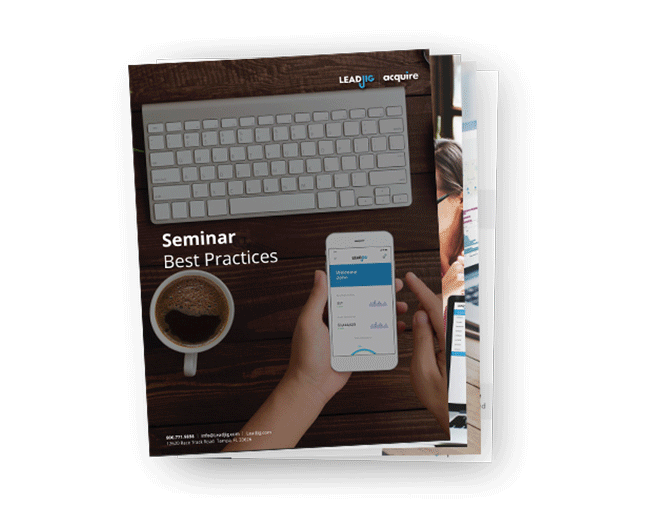What is Relationship Marketing?
According to the relationship marketing definition, it is a marketing approach that focuses on building long-lasting relationships with the audience instead of looking to maximize immediate profits.
That may seem counterintuitive, but in the process of focusing on providing an excellent experience for the customers and exceeding their expectations, companies are able to use relational marketing to nurture and grow relationships that can often last for many years.
But what exactly does that look like?
Well, a big part of it is providing customers with products that they are happy with, but that is not exclusive to companies that adhere to the definition of relationship marketing described above.
Many companies worry about making the first sale and don’t accommodate the needs of their customers afterward. Meanwhile, a comprehensive relationship marketing strategy revolves around an impeccable customer service experience that works to keep customers happy well after their initial purchase.
Today, when businesses have access to an abundance of data about their customers and their preferences, perfecting relationship management practices has become much easier, which is why using it is no longer optional for companies that want to remain relevant.
Benefits of Relationship Management
As we discussed in the previous section, relationship marketing refers to the process of building lasting and trust-based relationships with your current customers, striving to go above and beyond in satisfying their needs.
But you might be wondering: is going through so much effort worth it when you can just fill your funnel with new leads?
Well, there’s a reason why companies from all over the world have found massive success with a relational marketing approach. It has numerous benefits that have been proven beyond a shadow of a doubt by data.
For instance, according to a study by Pacific Crest, renewing or upselling current customers can cost as little as 11% of what it would cost to acquire a new customer.
What’s more, when you provide excellent customer care, that leads to satisfied customers, who are then more than happy to become your brand’s ambassadors and leave you with glowing reviews and testimonials.
And when you get to know your current customers and figure out their deepest desires and biggest obstacles, you will not only be able to serve them better but will also gain invaluable insights about the groups of people that are the most likely to become your best customers in the future.
How to Build a Relational Marketing Strategy
Once you define relationship marketing and understand why it’s a worthwhile approach, the next step is putting together your own strategy that’s suitable for your business model and your situation.
And luckily, the first step is pretty straightforward—at least in theory. Since you’re trying to build relationships, you need to shift the focus from your products or your company towards the customer.
Every decision you make, including the types of ads you run, the way you interact with your audience, and the way you develop your product selection, should be done with your customer and their expectations in mind.
You should also find ways to incentivize being a loyal ambassador of your brand. Once people have bought from you, continue engaging them, offering them products that they might be interested in, rewarding them for choosing to work with you, and providing helpful content around topics that they are interested in.
Finally, always listen to what your customers are saying. Ask what they liked, what they didn’t like, and how you could improve. For one thing, it will give you specific feedback you can work with, but what might be even more important is that it will show that you care and want to be the best you can be for your audience.
Relationship marketing sounds great in theory, but you might be wondering: how does it look in action?
Well, if you have an audience that cares about the environment, why not follow the steps of GreenGeeks, a hosting company that pledged to contribute three times as much to renewable energy sources as will be used to host the sites, which makes every website on their platform eco-friendly.
Domino’s was able to completely turn around their public image in just a few years by running honest self-deprecating ads. In the ads, employees read negative reviews by customers and then promise to improve their recipes and become better.
Such honesty and vulnerability show that a brand isn’t afraid to own up to its shortcomings, which is a quality many people appreciate.
If you believe in the quality of your products and want to reassure customers that they will be satisfied, you can draw inspiration from ArmorSuit, promising a Lifetime Warranty for their screen protectors, which is not only eye-catching but also shows boldness and a commitment to excellence.
Relationship marketing isn’t the easiest way to make sales, nor will it be as immediate as focusing your efforts on attracting new customers. But in the long term, it’s the best strategy for ensuring consistent growth.
Financial planners also need a reliable approach for increasing their brand presence and providing a better experience for their customers, which is where LeadJig can be very helpful. Request a demo today of our financial advisor marketing platform and learn more about how LeadJig can help!





